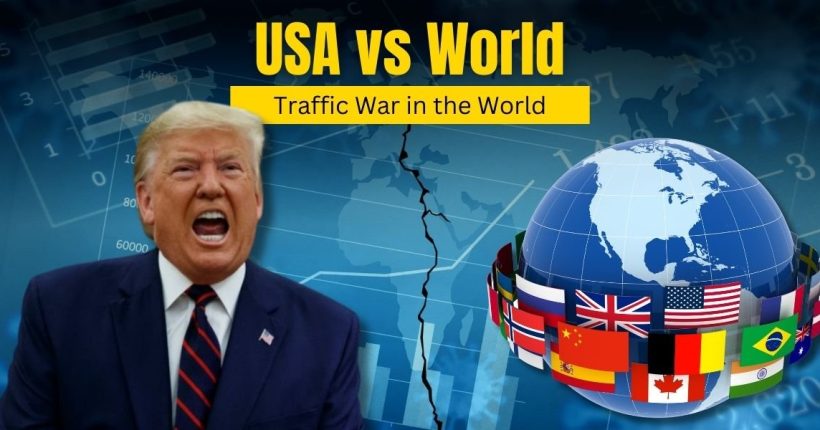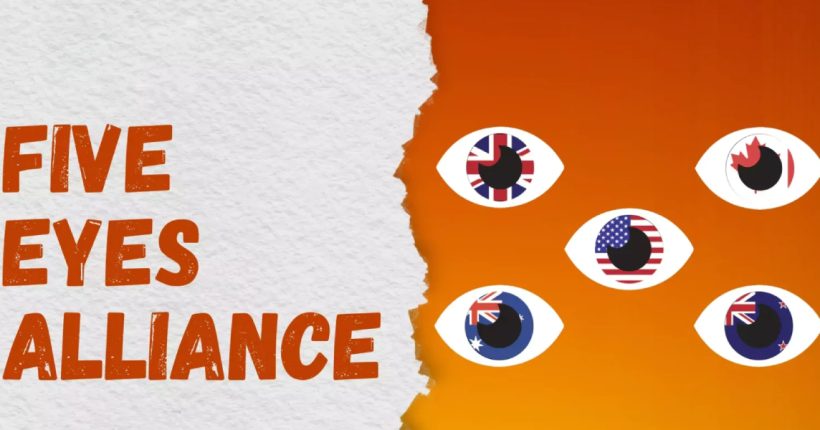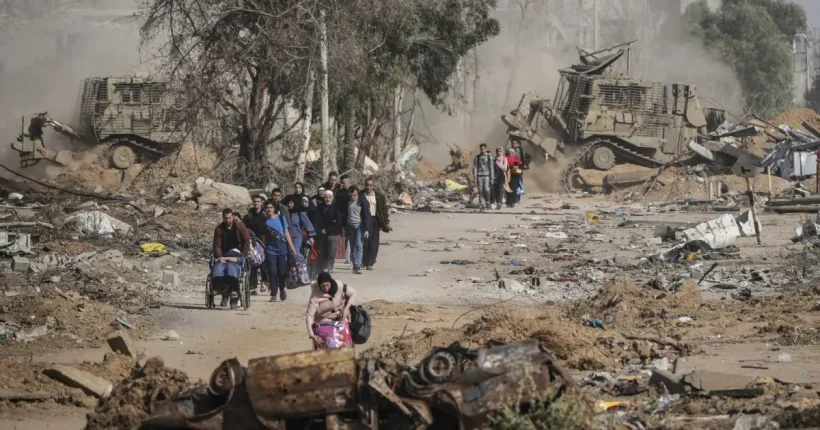

Back in 2014, the phrase “Acche Din Aane Wale Hain” (Good days are coming) became the heartbeat of the Bharatiya Janata Party’s campaign. It wasn’t simply a slogan it was a promise that generated hope across the country. For Delhi, the nation’s capital, it meant dreams of better infrastructure, safer streets, cleaner air, and a more transparent government. Fast forward ten years, and the big question remains did those good days ever actually arrive, or were they just political poetry?
A Look Back
The 2014 general elections were a turning point in Indian politics. The BJP won with a large majority, and “Acche Din” became a mantra for change. Delhi, being at the hub of Indian politics, was supposed to see the most change. At the same time, a new political force, the Aam Aadmi Party (AAP), took root in the city, gaining attention with its promises of clean politics and honest governance.
Over the next decade, Delhi witnessed a series of electionsnational, state, and local. Each campaign came with tall promises, especially for the city’s poor and the people living in unauthorized or informal settlements. The idea of “Acche Din” was tested most by how these communities were treated.
On Paper vs. On Ground
For the urban poor in Delhi, promises meant access to housing, electricity, water, and sanitation. The AAP government launched the “Jahan Jhuggi Wahin Makan” scheme, which aimed to build homes right where slums stood, so people wouldn’t be uprooted. It sounded ideal. By 2024, over 89,000 homes had been sanctioned — but less than a third had been given to families. The rest? Still waiting, either unfinished or caught in red tape.
On the other hand, the Centre introduced PM-UDAY, a program to legalize over 1,700 unauthorized colonies. While more than 13 lakh people applied, most are still waiting for their property papers, tangled in long and confusing processes.
Yes, there’s been progress. Today, about 79% of slum households have electricity, and toilets are more accessible than they used to be. But water supply is still unreliable, and many families are still treated like unofficial squatters in the city they’ve called home for decades.
Where the Problems Lie :
Despite all the promises, several real issues have kept Delhi from truly experiencing “good days”:
1. Housing without heart: Many resettlement flats are empty not because people don’t need them, but because they’re far from where jobs are, lack basic services, or were built so poorly that living in them is unsafe.
2. Centre vs. State fights: Constant power struggles between the Delhi Government (led by AAP) and the Central Government (run by BJP) have slowed down development. Whether it’s who controls land or who gets the final say, these fights have often come at the cost of public welfare.
3. Election-time action: It’s hard to ignore how suddenly development speeds up right before elections roads get fixed, water tankers show up, and officials visit slums. Then, once votes are cast, things go back to being quiet.
4. Pollution & transport woes: Delhi is still one of the most polluted cities in the world. Though we’ve seen electric buses and metro extensions, air quality remains a major crisis thanks to unchecked emissions, garbage burning, and slow enforcement of green policies.
So, What Needs to Change?
Delhi voters are sharp. They vote differently for the Centre and the State. While BJP has won all 7 parliamentary seats twice in a row, AAP dominated state elections in 2020 and even took control of the MCD in 2022. It shows that people think carefully about who they trust for what.
If Delhi is to see real “Acche Din,” politics has to take a backseat to actual problem-solving. Housing plans should be made transparent, people in slums deserve explicit legal rights, and the tug-of-war between governments needs to stop. Programs like PM-UDAY and JJWM have the ability to impact lives but only if they’re followed through correctly and backed with constant financing.
The Bottom Line
“Acche Din” for Delhi hasn’t been a complete success but it hasn’t been a total failure either. There have been real improvements, Mohalla Clinics, better electricity access, and better schools are worth mentioning. But many promises remain stuck in files or waiting for elections.
For the people living in Delhi’s slums and unauthorized colonies, “good days” won’t come with catchy slogans. They’ll come when policies turn into daily improvements cleaner water, permanent homes, job security, and clean air to breathe. That’s the kind of change that sticks, the kind that doesn’t need a billboard to announce itself.
By Rehaan Raj
(KPP News)
You May Also Like
-
May 14, 2025
-
May 14, 2025
-
Sep 20, 2022
-
Aug 20, 2022



